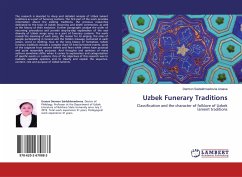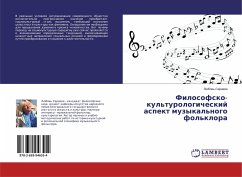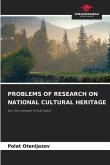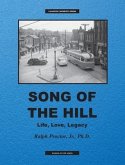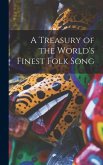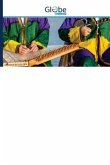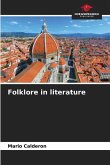The research is devoted to deep and detailed analysis of Uzbek lament traditions as a part of funerary customs. The first part of the work provides information about the existing traditions, the previous researches dedicated to the topic of Uzbek mourning and death ceremonies, as well as the history of their evolution. Further paragraphs analyze the order of mourning procedures and provide step-by-step explanation of the vast diversity of Uzbek songs sung as a part of funerary customs. The work reveals the meaning of each song, the reason for its singing, the roles of people participating in funeral and the hidden message contained in each action, word or clothing. Due to the long history of formation, Uzbek funerary traditions include a complex chain of interconnected events, some of the originate from ancient beliefs and fears while others have practical and quite reasonable purposes. And thoughts and opinions of many authors sometimes differ when it comes to explanation and categorization of specific events or customs. One of the objectives of this research was to evaluate available opinions and to classify and explain the sequence, content, role and purpose of Uzbek laments.
Bitte wählen Sie Ihr Anliegen aus.
Rechnungen
Retourenschein anfordern
Bestellstatus
Storno

